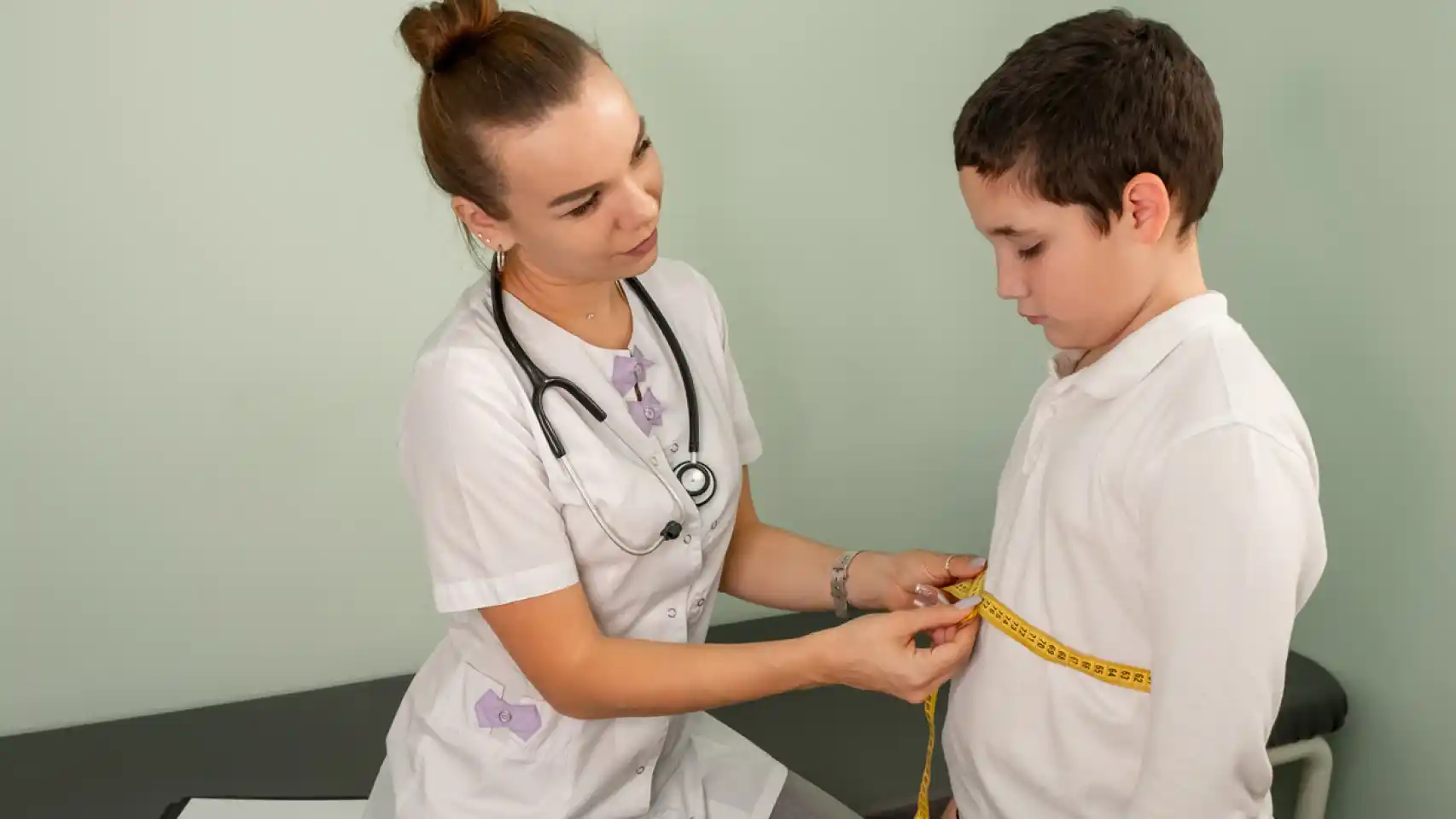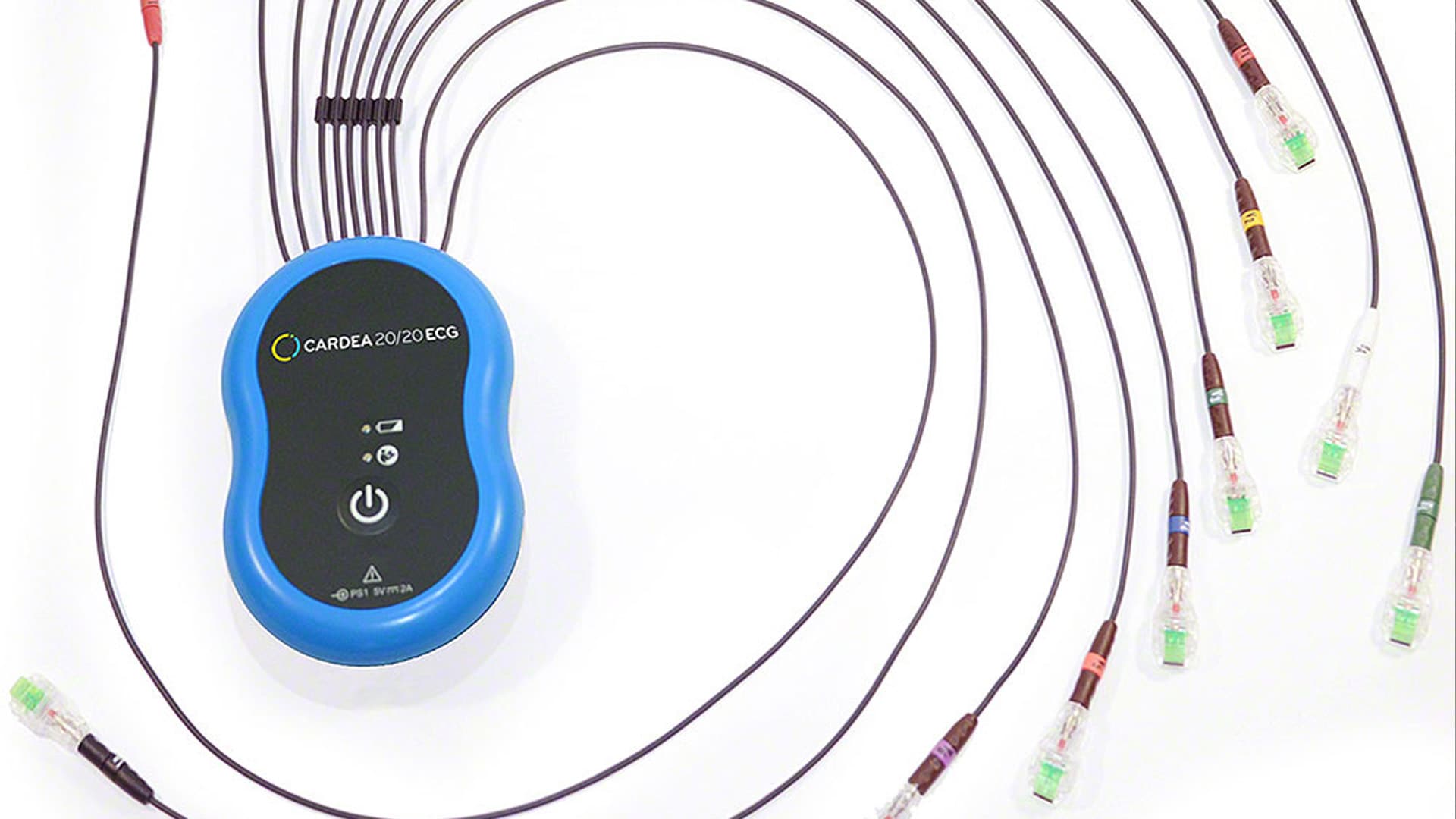Protecting youth by identifying the heart conditions putting them at risk
Sudden cardiac arrest (SCA) can occur without warning or prior indication of heart disease. The disrupted blood flow interferes with oxygen delivery to vital organs, which can quickly become fatal if the heart is not resuscitated.
SCA is the leading medical cause of death on school campuses and is especially common among student athletes.1 The CDC estimates that SCA is responsible for 2,000 deaths every year in patients under 25 years old.2
Although SCA fatalities can occur in patients with no known heart conditions, there are important risk factors that should not be ignored: coronary heart disease, arrhythmias, structural abnormalities or damage to the heart, ventricular fibrillation, and heart failure.3 Exercise alone can bring about SCA, but the presence of a heart condition can significantly increase the risk of cardiac arrest.
Physical stress can create disruptions in the heart’s electrical system in multiple ways. A pre-existing heart problem can be exacerbated by the release of adrenaline, deficiencies in potassium or magnesium, blood loss, or a lack of oxygen.4
Screening Saves Lives
SCA has an especially low survival rate (10%), so it is crucial to recognize risk factors and be aware of warning signs, such as fainting, dizziness, shortness of breath and chest pain.5 This is particularly important when it comes to young adults. 1 in 300 youth has an undetected heart problem, and up to 72% of young SCA victims had at least one warning sign that was ignored.6
The American Academy of Pediatrics recommends regular screenings for heart conditions that could put youth at risk for SCA.7 A thorough evaluation includes a physical exam, analysis of medical and family histories, and, if needed, genetic testing.8 Likewise, it is recommended that young athletes undergo a pre-participation evaluation to determine their risk of cardiac arrest.9
ECG Use for SCA Screening of Youth
Comprehensive testing for SCA risk factors may include an electrocardiogram (ECG) that can identify or confirm electrical abnormalities of the heart.10 A study of over 5,000 young U.S. athletes found that the ECG had a 70% sensitivity to cardiovascular issues, versus 3% for physical exams and medical histories alone.11 Awareness of its importance, and the addition of ECG testing to sports physicals is growing in the United States, thanks to grassroots legislative efforts of pediatric cardiology researchers and nonprofit parent organizations in multiple states. These advocates are working diligently to help increase the accurate identification and diagnosis of risk factors in youth by training high school youth in the use of public access AEDs (Automated External Defibrillators) and adding ECG testing options, or even mandates, to routine annual school sports pre-participation exams (PPE).
Cardiac Insight designs and markets an automated diagnostic ECG system to assist in cardiac arrest prevention by earlier identification of youth at risk. Via a simple, noninvasive 16-second test, the Cardea 20/20 ECG™ is the only FDA-cleared ECG system engineered to provide detection of heart conditions associated with SCA in young people and athletes while greatly reducing false positive results. Like other medical screening modalities, test results are always subject to final confirmation or “overreading” by a qualified medical professional. With the lowest false positive rate in the industry (2% vs. 30%), the Cardea 20/20 ECG provides accurate readings and easily transmissible results to enable parents, and sports healthcare providers to better protect loved ones and youth from the tragedy of SCA.
October is Sudden Cardiac Arrest Awareness Month. Learn more about Cardea 20/20 ECG and how it can help prevent SCA in young people and athletes.
Want to help support this important cause? Excellent resources for more information include Parent Heart Watch and The Cardiac Safety Research Consortium.
Sources:
1. What is SCA? – Parent Heart Watch
2. Sudden Cardiac Arrest in Young People – HealthyChildren.org
3. Cardiac Arrest – Causes and Risk Factors | NHLBI, NIH
4. Sudden Cardiac Arrest | Sudden Cardiac Death | MedlinePlus
5. Sudden Cardiac Arrest | CardioSmart – American College of Cardiology
6. Warning Signs and Risk Factors – Parent Heart Watch
7. Preventing,Causes and Treatment Protocols for SCA
8. THE NATIONAL VOICE. PROTECTING YOUTH FROM SUDDEN CARDIAC ARREST
9. Pediatric Sudden Cardiac Arrest | Pediatrics | American Academy of Pediatrics
10. Heart Screening | Sudden Cardiac Arrest Foundation
11. Electrocardiograms Should Be Included in Preparticipation Screening of Athletes | Circulation




